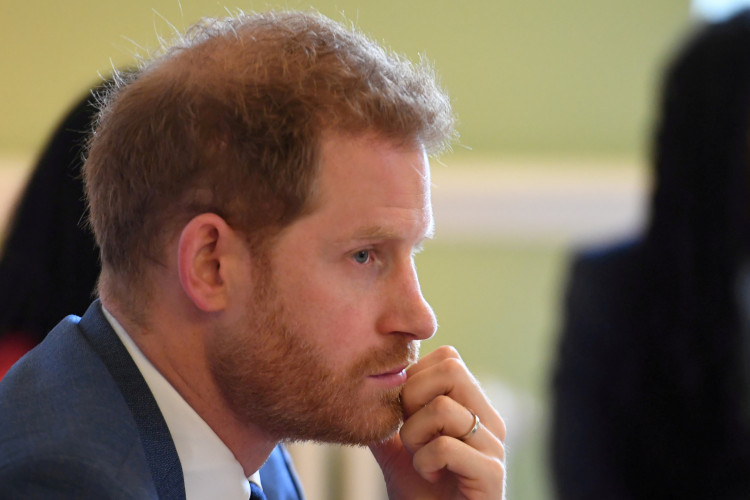A critical decision regarding Prince Harry's U.S. visa status appears to have been made, as a federal judge in Washington, D.C., has reportedly submitted a ruling in a sealed document. The ruling comes after months of legal scrutiny surrounding the Duke of Sussex's immigration status, following revelations about his past drug use in his memoir, Spare, and the Netflix series Harry & Meghan. The case, brought forth by the Heritage Foundation, has raised questions about whether Prince Harry accurately disclosed his drug use when applying for his U.S. visa.
Judge Carl Nichols is believed to have filed the decision after a thorough examination of Prince Harry's immigration documents, which began in early 2023. The decision, however, remains confidential, with access limited to "authorized persons" only. While the contents of the document are not yet public, sources suggest the order may be procedural rather than a definitive judgment on the matter.
The controversy surrounding Prince Harry's visa status was ignited when the Heritage Foundation, a conservative think tank, sued the U.S. Department of Homeland Security (DHS) after the agency denied a Freedom of Information Act (FOIA) request to release the Duke's immigration files. The foundation sought to determine whether Prince Harry had disclosed his previous use of illegal substances-namely cannabis, cocaine, and magic mushrooms-on his visa application. Under U.S. law, lying on a visa application can result in severe consequences, including denial of entry or deportation.
According to Melissa Chavin, an attorney with the Chapman Immigration Law Office, Prince Harry is likely holding an A1 visa, typically reserved for diplomats, heads of state, and members of royal families. This visa category is rare and grants certain privileges, including fewer restrictions on entry and residency in the U.S. However, even with such a visa, the Duke would still be required to disclose any past illegal drug use during the application process.
Chavin explained that the focus of security checks for individuals with A1 visas typically revolves around major concerns such as terrorism, foreign policy violations, and espionage. However, issues related to controlled substances are also part of the vetting process, making Prince Harry's admissions in Spare and Harry & Meghan potentially significant.
The Heritage Foundation's investigation into the Duke's immigration status could have substantial implications for his future in the United States. If it is determined that Prince Harry did not fully disclose his drug use, he could face legal repercussions, including the possibility of losing his visa. The case has garnered significant attention, with many speculating about the potential outcomes and their impact on the Duke's life in the U.S.
While the sealed nature of the judge's decision leaves the public in suspense, it may offer a temporary reprieve for Prince Harry as he navigates ongoing legal challenges both in the U.S. and the U.K. Recently, the Duke has been involved in multiple legal disputes, including a high-profile case against the British government over his security arrangements in the U.K.
The outcome of the U.S. visa case remains uncertain, but legal experts suggest that the procedural nature of the judge's order might indicate that further deliberations or actions are required before a final judgment is rendered. For now, Prince Harry's future in the U.S. hangs in the balance, as he awaits the public disclosure of the court's decision.






